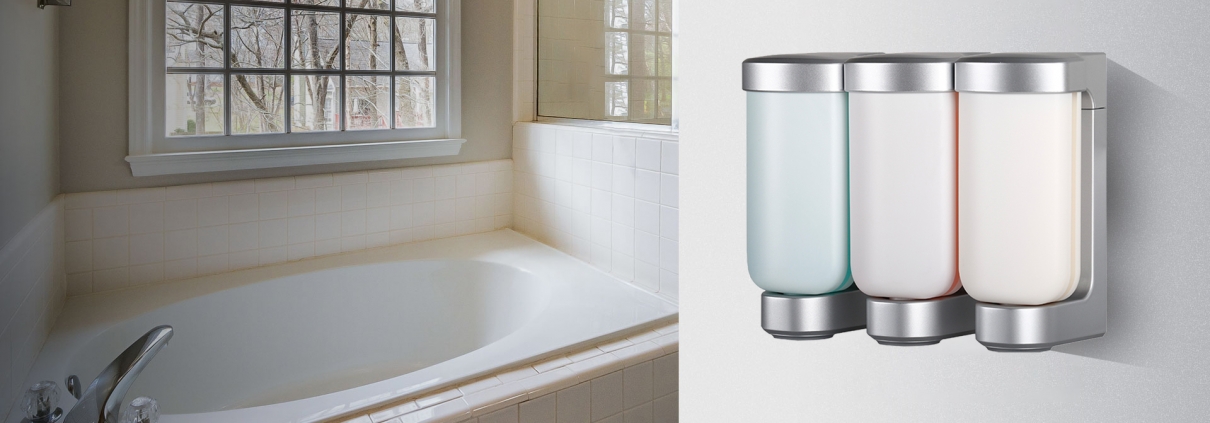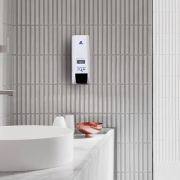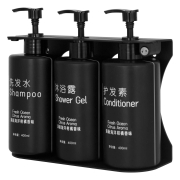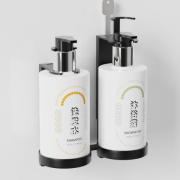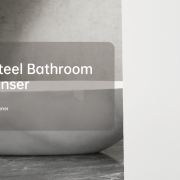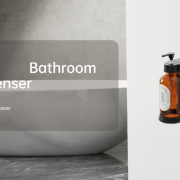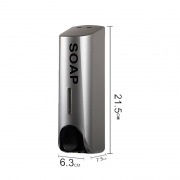Best Western and the Evolution of Hotel Amenities: The Case of Disposable Soap Dispensers
Introduction
The hospitality industry is constantly evolving, with hotel chains striving to enhance guest experiences while maintaining operational efficiency and sustainability. Among the leading global hotel brands, “Best Western” has established itself as a trusted name, offering consistent quality and comfort across its properties. One of the critical yet often overlooked aspects of hotel operations is the provision of “hotel amenities”, particularly “disposable soap dispensers”.
In recent years, the shift from single-use toiletries to bulk dispensers has been a significant trend, driven by both environmental concerns and cost efficiency. However, the debate between “disposable soap bottles” and “refillable dispensers” continues, with brands like “hotel soap dispenser supplier” emerging as key players in the hospitality supply chain.
This blog post explores “Best Western”s approach to hotel amenities, the role of “disposable soap dispensers” in modern hospitality, and how hotel soap dispenser supplier companies are influencing the industry.
—
-
Best Western Hotel Group: A Brief Overview
1.1 History and Growth
Founded in 1946, Best Western began as a small network of independent hotels in the United States. Unlike traditional hotel chains, Best Western operated as a non-profit membership association, allowing independent hoteliers to maintain ownership while benefiting from collective branding and marketing.
Over the decades, Best Western expanded globally, now operating over 4,700 hotels in more than 100 countries. The brand has diversified into multiple tiers, including:
– Best Western (mid-scale)
– Best Western Plus (upper mid-scale)
– Best Western Premier (upscale)
– BW Signature Collection (boutique-style)
– Executive Residency by Best Western (extended-stay)
1.2 Commitment to Sustainability and Guest Comfort
Best Western has consistently adapted to industry trends, including eco-friendly initiatives. The hospitality sector has faced increasing pressure to reduce plastic waste, leading many hotels to reconsider their amenity strategies.
While some luxury chains have opted for high-end, branded mini-toiletries, budget and mid-scale hotels like Best Western have increasingly turned to bulk soap dispensers to minimize waste and costs. However, the debate over disposable vs. refillable soap bottles remains relevant.
—
-
The Role of Hotel Amenities in Guest Experience
2.1 Why Amenities Matter
Hotel amenities play a crucial role in shaping guest perceptions. Items such as soap, shampoo, conditioner, and lotion may seem trivial, but they significantly impact comfort and satisfaction.
– Convenience: Guests expect basic toiletries to be provided.
– Brand Image: High-quality amenities enhance perceived value.
– Hygiene: Especially post-pandemic, guests prefer sealed or single-use products.
2.2 The Shift from Mini-Bottles to Dispensers
For years, hotels relied on single-use plastic bottles for shampoos and soaps. However, due to environmental concerns (millions of mini-bottles end up in landfills yearly), many cities and countries have banned them.
Best Western, like other chains, has explored alternatives:
– Refillable wall-mounted dispensers (more sustainable but raise hygiene concerns).
– Disposable soap bottles with pump dispensers (a middle-ground solution).
This is where companies like hotel soap dispenser supplier come into play, supplying hotels with cost-effective, hygienic, and eco-conscious amenity solutions.
—
-
Disposable Soap Dispensers: Pros and Cons
3.1 What Are Disposable Soap Dispensers?
Unlike traditional mini-bottles, disposable soap dispensers are larger pump bottles designed for single-room use. They hold more product, reducing the frequency of replacement, but are still discarded after each guest’s stay (or after a certain period).
3.2 Advantages
Reduced Plastic Waste (compared to mini-bottles, fewer are used per stay).
Cost-Effective (bulk purchasing lowers expenses).
Hygienic (guests prefer unused, sealed products).
Branding Opportunities (custom labels enhance professionalism).
3.3 Disadvantages
Still Not Fully Sustainable (they are thrown away eventually).
Potential for Theft or Waste (guests may take entire bottles).
Refill Challenges (some hotels prefer refillable systems for long-term savings).
3.4 Best Western’s Approach
Best Western properties vary in their amenity strategies. Some franchisees use refillable dispensers, while others opt for disposable pump bottles to balance hygiene and cost. The brand encourages eco-friendly practices, but final decisions often rest with individual hotel owners.
—
-
hotel soap dispenser supplier: A Key Player in Hotel Amenity Supply
4.1 Who Is hotel soap dispenser supplier?
hotel soap dispenser supplier is a manufacturer and supplier specializing in hotel amenities, including:
– Disposable soap dispensers
– Shampoo & conditioner bottles
– Dental kits
– Other guest essentials
The company serves budget to mid-scale hotels, providing affordable yet presentable solutions.
4.2 Why Hotels Choose hotel soap dispenser supplier
– Cost Efficiency: Bulk purchasing reduces per-unit costs.
– Custom Branding: Hotels can add logos for a professional touch.
– Hygiene Compliance: Sealed disposable bottles reassure guests.
– Regulatory Adaptation: Helps hotels comply with plastic bans.
4.3 hotel soap dispenser supplier’s Impact on Best Western
Many Best Western franchisees source amenities from suppliers like hotel soap dispenser supplier due to their competitive pricing and reliability. As the hospitality industry moves toward sustainable yet practical solutions, partnerships with such suppliers will remain crucial.
—
-
The Future of Hotel Amenities: Trends and Predictions
5.1 Biodegradable and Refillable Solutions
The next evolution may involve:
– Plant-based disposable bottles (compostable materials).
– Smart dispensers (monitor usage to prevent waste).
– Water-saving formulations (concentrated soaps).
5.2 Guest Preferences Shaping the Market
Surveys indicate that:
– 65% of travelers prefer sustainable amenities.
– Yet 40% still prioritize hygiene over eco-friendliness.
This duality means hotels like Best Western must strike a balance.
5.3 Best Western’s Potential Moves
– Standardizing eco-policies across franchises.
– Partnering with green suppliers for innovative solutions.
– Educating guests on sustainability efforts.
—
Conclusion
The discussion around hotel amenities, particularly disposable soap dispensers, reflects broader industry challenges: sustainability vs. convenience, cost vs. quality, and hygiene vs. environmental impact.
Best Western, as a global mid-scale leader, must navigate these factors while maintaining guest satisfaction. Suppliers like hotel soap dispenser supplier play a pivotal role by offering practical, affordable solutions that align with evolving regulations and consumer expectations.
As the hospitality sector continues to innovate, disposable soap bottles may eventually give way to even greener alternatives. However, for now, they remain a key component of hotel operations, ensuring both guest comfort and operational efficiency.
For hoteliers, the lesson is clear: adaptability is essential. Whether through refillable systems, biodegradable disposables, or smart dispensers, the future of hotel amenities will be shaped by technology, sustainability, and guest demand.
—
Would you like additional insights on specific Best Western locations or amenity suppliers? Let me know in the comments!

